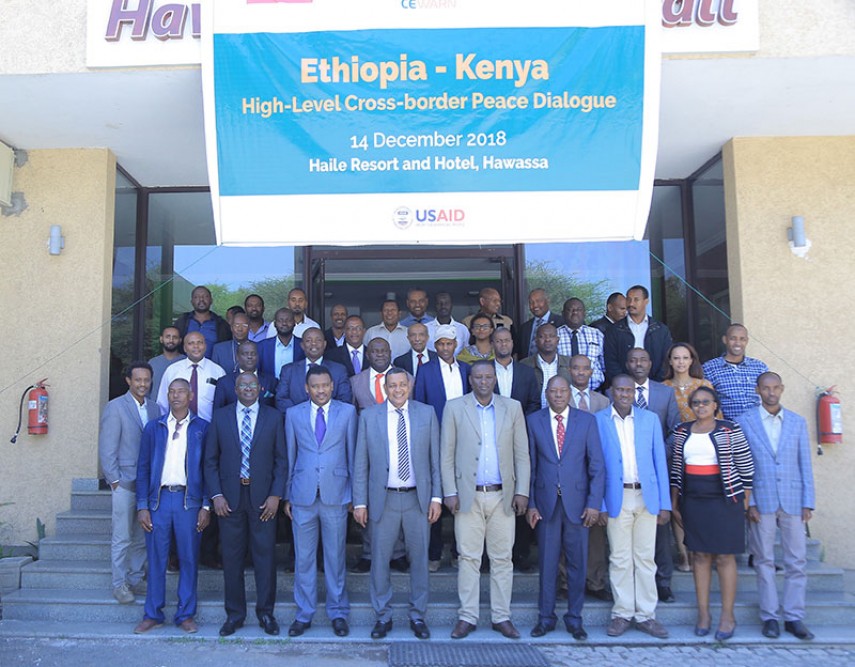CEWARN hosts seminar on integrating conflict sensitivity in tax administration processes
CEWARN hosts seminar on integrating conflict sensitivity in tax administration processes CEWARN hosted a seminar on the nexus between taxation and conflict in the IGAD region on 19-20 June 2019 […]


